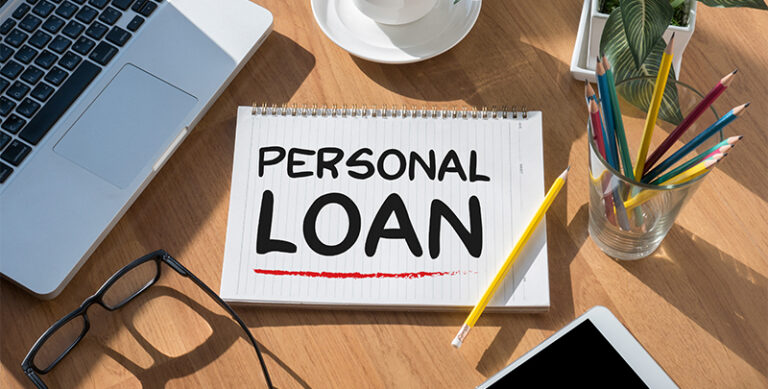In today’s financial landscape, various types of loans are designed to cater to the unique requisites of borrowers. Among these financial products, personal loans are commonplace. Personal loans can further be divided into two main types: secured and unsecured personal loans. Both types come with their pros and cons.
Understanding the differences between secured vs unsecured personal loan and their advantages and drawbacks, is vital for making a sound financial decision.
Secured vs Unsecured Personal Loans: The Difference
Secured personal loans are secured against collateral. This means, you pledge a valuable item – such as your house, car or savings account – as security when borrowing money. The lender can seize the collateral if you default on your loan payment. Interests rates for secured loans are generally lower because of the reduced risk involved for the lender.
On the contrary, unsecured personal loans do not require any collateral to secure the loan. The lender cannot automatically seize your property if you fail to repay the loan. However, they can resort to other collection methods such as hiring a collection agency or taking you to court. Unsecured loans carry higher interests rates due to the increased risk taken by the lender.
Pros and Cons of Secured Personal Loans
Firstly, one primary advantage of a secured personal loan is its lower interest rate. This could save you substantial money over the life of your loan, especially on larger loan sums. What’s more, if you have poor credit history, a secured loan may be easier to obtain as your collateral offsets the lender’s risk.
However, the significant drawback of a secured loan is the risk of losing your collateral. If for any reason you cannot repay the loan, you could end up losing your home, car, or other assets pledged as collateral. This could evoke serious financial and psychological distress.
Another disadvantage is the longer approval process for this type of loan, as the lender needs to evaluate the value of your collateral.
Pros and Cons of Unsecured Personal Loans
Unsecured loans, on the other hand, are a preferable option if you do not want to risk losing any assets. You can also usually get access to these kinds of loans relatively quickly, as there is no need for the lender to assess any collateral.
However, due to the increased risk for lenders, they often have stricter eligibility criteria. This usually translates to higher credit score requirements and lower loan limits. The additional risk for lenders also brings higher interest rates and fees.
Personal Loan for Debt Consolidatio
Now that you understand the differences and implications of secured vs unsecured personal loans, you might be wondering: which type of loan suits me best for debt consolidation?
If you have a substantial amount of high-interest debt and you are confident you can repay the loan, a secured personal loan may be a good choice. With its lower interest rates and longer repayment term, it could save you money in interest payments and make your debt management more manageable. Using the Bajaj Finserv app can also help you explore and manage such loans efficiently.
However, for smaller debt amounts or if you are not comfortable using collateral, an unsecured personal loan can be a better solution. Despite the higher interest rate, it provides a fixed payment term and you don’t risk losing your assets if you fail to make repayments.
Conclusion
Before making any decision regarding secured vs unsecured personal loans, it’s important to evaluate your financial situation, loan purpose, and risk tolerance. For debt consolidation, factor in not only the total debt amount but also the type of debts and their respective interest rates.
Remember, whether you choose a secured or unsecured loan, it’s crucial to budget and plan your repayment diligently to avoid spiralling further into debt. Always weigh the pros and cons and seek professional financial advice if needed before making the final financial decision.




